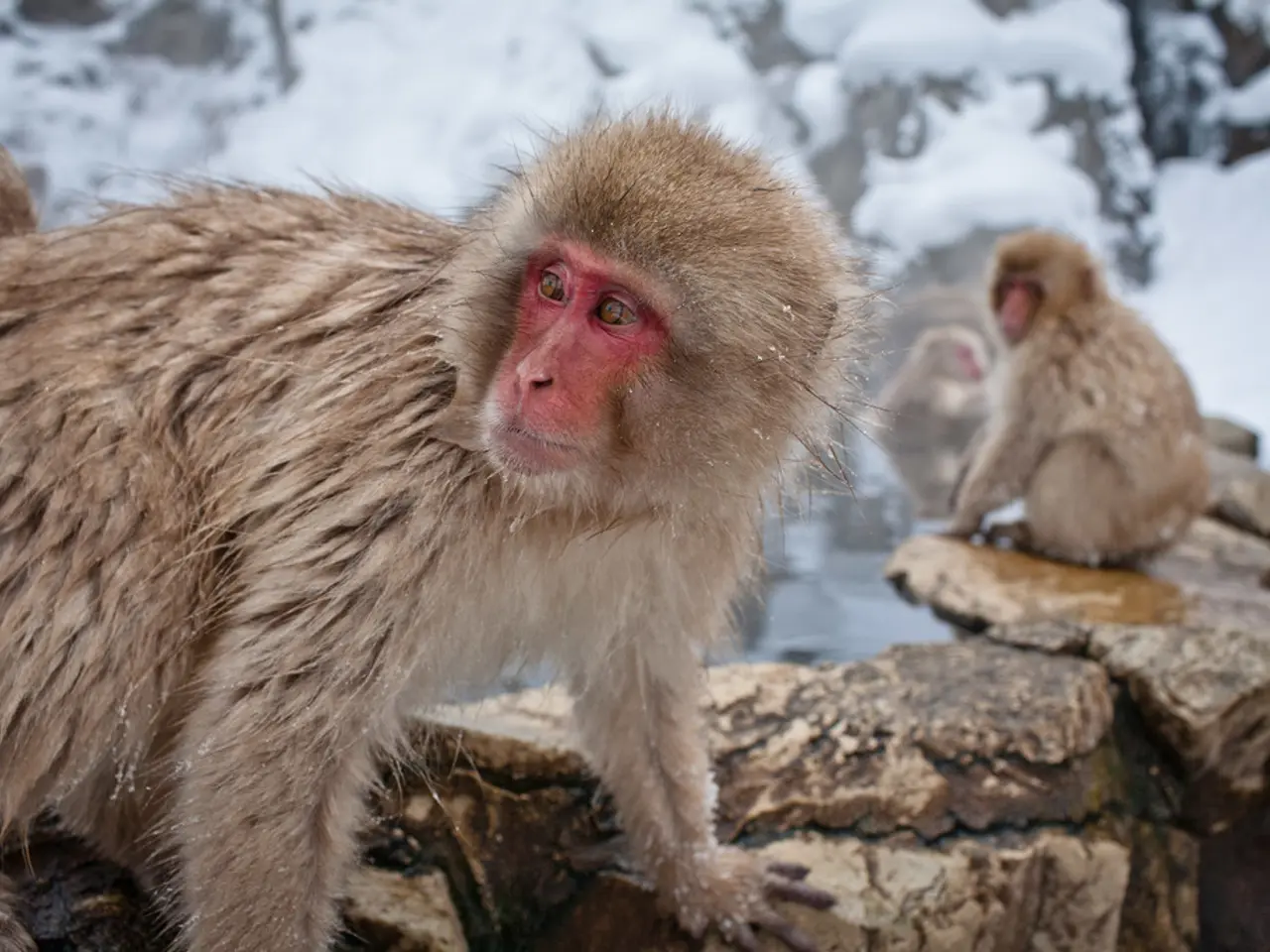Primates' Ancestors Weighed About an Ounce and Evolved in Cold Climates, Contrary to Popular Belief
Republished from The Conversation under a Creative Commons license, a new scientific study sheds light on the geographic origins of our primate ancestors and the historical climate at those locations.
Led by Jorge Avaria-Llautureo of the University of Reading, the research team discovered that early primates, including the tiny tree dweller Teilhardina, originated in cold, not warm and wet, climates, overturning decades of assumptions about their evolutionary origins.
Teilhardina, weighing just 28 grams, is one of the earliest known primates. This minuscule creature had fingernails, a key characteristic of primates, which helped it grasp branches and handle food.
Remarkably, some primates even colonized Arctic regions. Early primates may have survived cold temperatures and food scarcity by slowing down their metabolism and hibernating, like species of mouse lemur and dwarf lemur.
The study finds that warm global temperatures did not speed up the spread or evolution of primates into new species. Instead, rapid changes between dry and wet climates drove evolutionary change in early primates.
Jason Gilchrist, a Lecturer in the School of Applied Sciences at Edinburgh Napier University, emphasises the importance of studying extinct animals and their environments to conserve current primate species. Understanding the evolutionary response to climate change is crucial for conserving primate species and other species as well.
As the planet warms, lessons from the past are more relevant than ever in understanding the effects of climate change on species. The loss of primate habitats, often due to deforestation, prevents them from moving freely and reduces their genetic diversity, making them less able to adapt to changing environments.
Bushmeat consumption is the main reason primates are hunted by humans, and political action and individual behavior change are necessary to save primate species. The early ancestors of modern snow macaques are extinct primates from the genus Macaca, and their fossil remains have been found in countries such as Japan and China.
Primates originally evolved in North America, contrary to previous beliefs. The climate has always been a major factor driving ecological and evolutionary change, influencing which species survive, adapt, and disappear. As we continue to study our primate ancestors, we gain valuable insights into our own evolution and the forces that shape our future.








